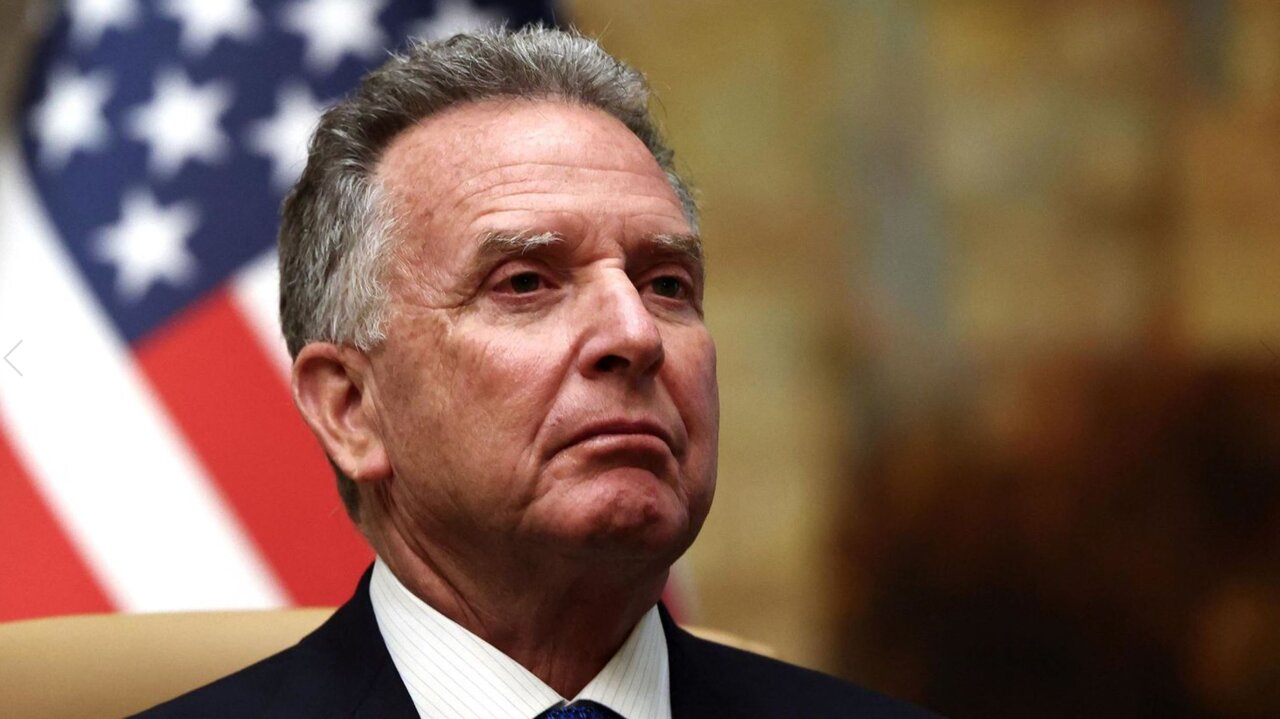Witkoff failed to appear in meeting: Iran

TEHRAN – The spokesperson for the Iranian government said Steve Witkoff, U.S. President Donald Trump’s envoy, failed to appear in a meeting proposed by Iran after Tehran offered direct talks with him in the presence of the foreign ministers of the three European countries and the representative of the International Atomic Energy Agency (IAEA).
“Witkoff did not show up to the meeting,” Fatemeh Mohajerani explained. Europe had told Iran it should agree to engage in direct talks with a U.S. representative if it wants extended relief from pre-JCPOA UN sanctions.
The spokesperson added that even Iran’s offer of delaying the mechanism for 45 days was rejected through pressure by the Zionist lobby.
The United Nations has confirmed the reactivation of “snapback” sanctions against Iran after the UN Security Council failed to adopt a resolution to extend Resolution 2231 by six months.
It followed the formal invocation of the “snapback mechanism” last month by France, Britain, and Germany, the original signatories to the 2015 Iran nuclear deal known as the Joint Comprehensive Plan of Action (JCPOA).
Under the JCPOA, Iran accepted confidence-building limits on its nuclear program in exchange for the lifting of UN, US, and EU sanctions.
The agreement was endorsed by UN Security Council Resolution 2231, which also set a timeline for the permanent expiration of nuclear-related restrictions in October 2025.
However, Iran repeatedly complained that the United States, even under former President Barack Obama, was reluctant to allow Tehran to benefit economically from the deal.
In 2018, the U.S. unilaterally withdrew from the JCPOA and reimposed sweeping sanctions on Iran.
In response, and after waiting over a year for the European parties to compensate for the U.S. withdrawal, Tehran began gradually reducing its compliance with the nuclear limits in accordance with the JCPOA, while insisting it remained open to negotiations if sanctions were lifted.
The expiration of restrictions in October 2025 was meant to mark the conclusion of a decade-long nuclear dispute and the normalization of Iran’s nuclear status.
But the E3 sought to prevent this by invoking the deal’s dispute resolution mechanism known as the snapback mechanism, which was originally formulated to allow the restoration of anti-Iran sanctions if Tehran were found in violation of its commitments.
Iran, however, maintains that its reduction of commitments was a legal and legitimate response to the U.S. and EU failure to fulfill their obligations, and therefore the E3 are in no position to trigger the mechanism.
Russia, China, and some other countries have backed Iran’s position, declaring that they do not recognize the restoration of anti-Iran sanctions.
Meanwhile, the secretary of Iran’s Guardians Council has condemned the reinstatement of sanctions on the country as illegal.
Ayatollah Ahmad Jannati said the move indicates that hegemonic powers are unreliable and renege on their commitments.
Jannati added Iran’s independence and might have always led the enemies to bear animosity toward the country since the 1979 Islamic Revolution.
The top cleric noted that Iranian people have always persisted in protecting their dignity and refused to succumb to the excessive demands of hegemonic powers.
Leave a Comment